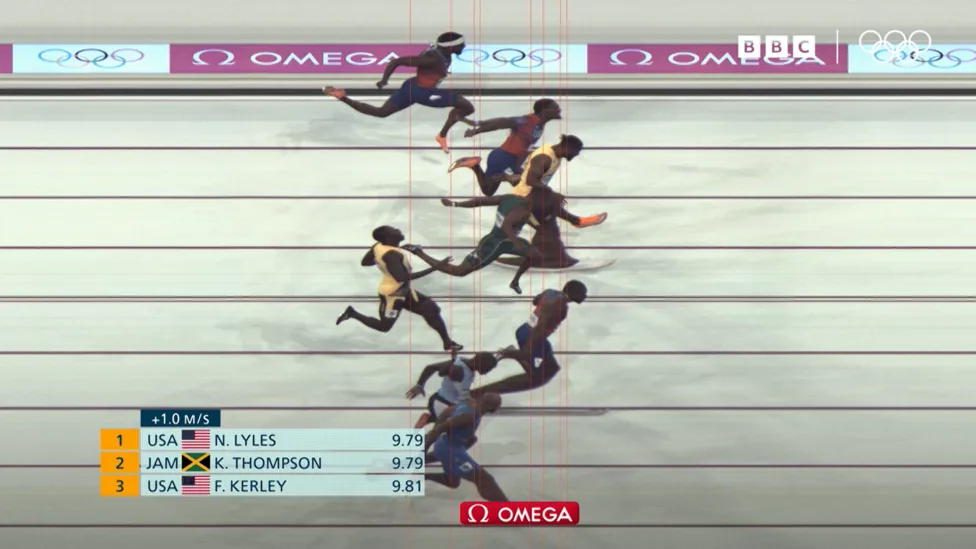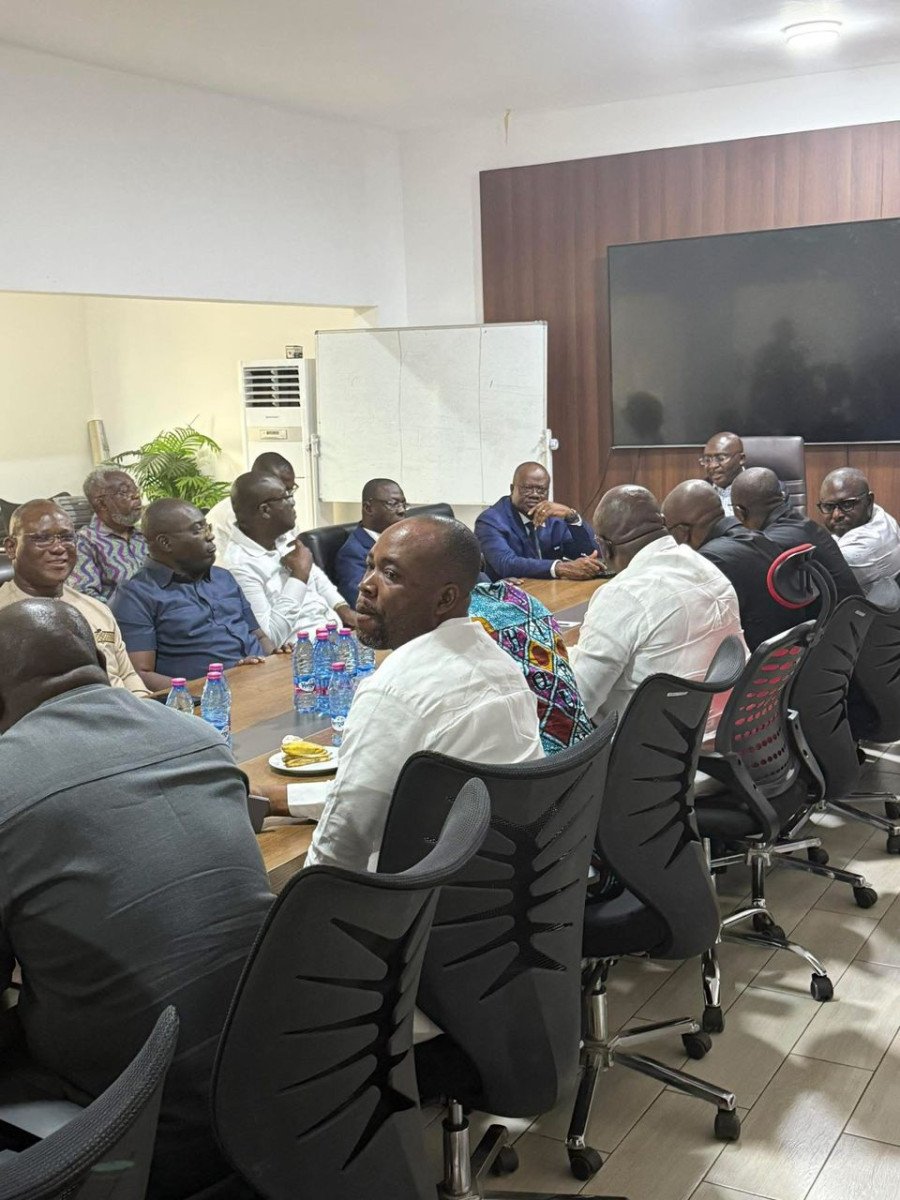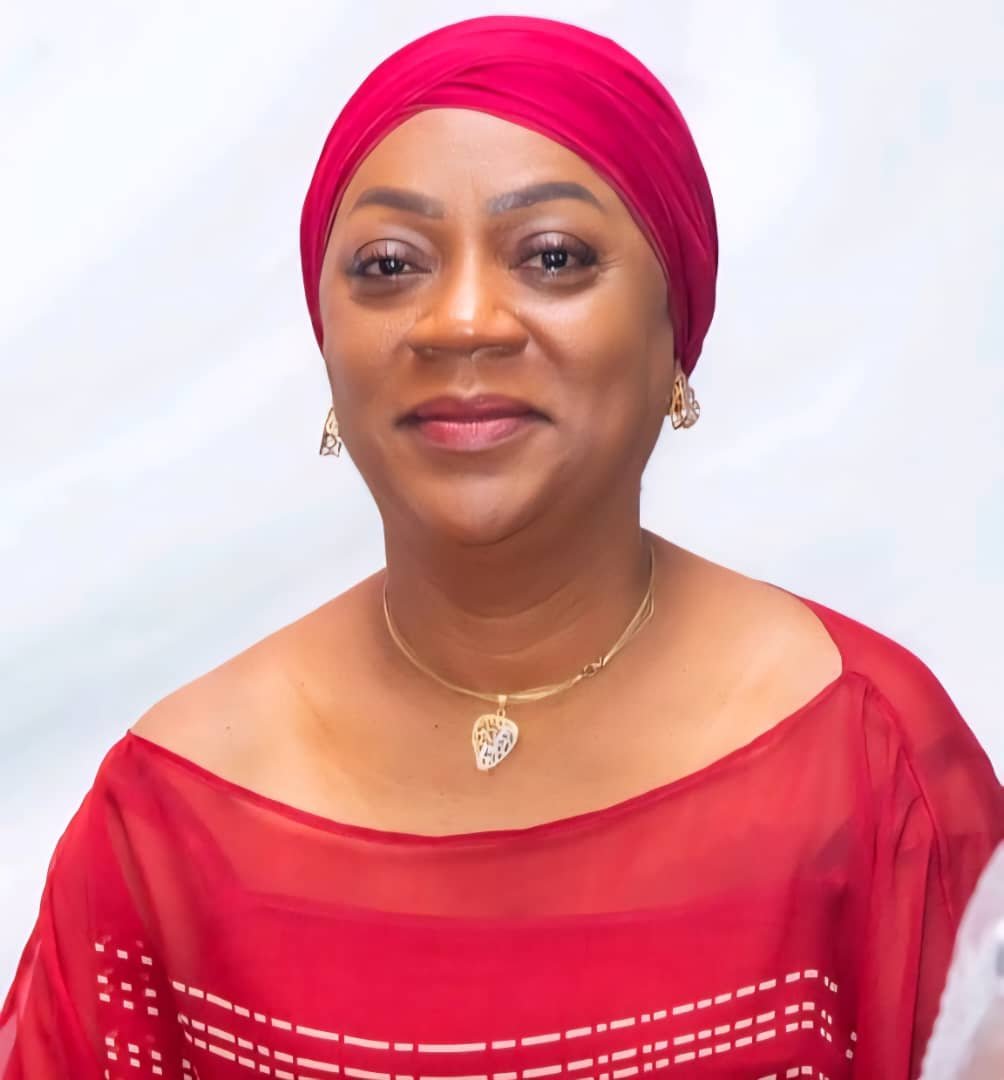A spectacular pre-race lightshow and dramatic music during a lengthy wait for the starting pistol at an expectant Stade de France heightened the senses.
But even those dazzling theatrics could not quite do justice to the events which unfolded in the 10 seconds that followed.
As Noah Lyles celebrated wildly, his first Olympic triumph confirmed, others were left stunned after witnessing one of the most remarkable Olympic 100m showdowns of all time.
American Lyles had taken victory by five-thousandths of a second from Jamaica's Kishane Thompson in a dramatic photo finish, winning in 9.79 seconds.
All eight men finished within 0.12secs of the gold medal, with last-placed Jamaican Oblique Seville crossing the line in 9.91 - a time good enough for fourth at the Tokyo Games.
And it meant, for the first time, that eight men had run under 10 seconds in a wind-legal race - making it the fastest race of all time.
Four-time Olympic champion Michael Johnson said it was "absolutely" the best 100m final he has ever seen "bar none".
"The final lived up to the hype. Going through the rounds it looked like a foregone conclusion that Kishane Thompson would win as he was the one who came in as the fastest man in the world," Johnson said on BBC TV.
"We had this amazing race where you could throw a blanket over the finishing line.
"We didn't even know who won for a few minutes."
How Lyles came from nowhere to win Olympic gold
'He can hold speed and endurance a really long time' - Johnson on Lyles
Not until the big screen inside the stadium displayed the official results, after an agonising wait, did anybody truly know Lyles had taken gold.
It was not until the very last metres on the eye-catching purple track that he was even in contention.
Lyles tied with Letsile Tebogo for the slowest reaction time of anyone in the field, a time of 0.178 notably down on Fred Kerley's lightning 0.108.
Yet Tebogo would go on to cross the line in sixth, while Kerley could only hold on for bronze.
"Lyles didn't even have a medal 10 metres out. He didn't have a hope of winning," Olympic medallist Steve Cram said on BBC TV.
Lyles was in last place with 40 metres of the race gone.
By halfway he was seventh.
But the 27-year-old hit his top speed of 43.6 kilometres per hour at 60 metres to enter medal contention, then closed far better than any rival to clinch the ultimate prize with his very last stride.
Thompson, the fastest man in the world this year with a best time of 9.77, maintained a lead from 30 metres into the race, to 10 metres from the finish line.
It was the finest margins which determined the outcome, as Lyles covered the distance between 80-90 metres in 0.84 and the final 10 metres in 0.86 - compared to 0.85 and 0.87 for Thompson.
"I did think [Thompson] had it at the end. I went up to him while we were waiting, and said 'I think you’ve got that, good going,' and then my name popped up and I'm like 'oh my gosh, I'm amazing'," Lyles said.
"I'm going to be honest, I wasn't ready to see it and that's the first time I've ever said that. I wasn't ready to see it."
Reflecting on narrowly missing out on gold, 23-year-old Thompson said: "I wasn't patient enough with myself to let my speed bring me at the line, in the position that I know I could have gone to, but I have learned from it."
The drama at the head of the race inspired world records behind it.
The finishing times for Akani Simbine, Lamont Marcell Jacobs, Tebogo, Kenny Bednarek and Seville were all world records for fourth to eighth place finishers in a 100m race.
South Africa's Simbine ran a personal best for fourth and said: "Missing the medal by 0.01, it's actually really crazy, but yeah, I'm pretty happy."
Lyles building legacy with each global gold
Lyles has long positioned himself as the heir to Usain Bolt's throne, combining on-track performances with off-track flair in his bid to establish himself as the new superstar of men's athletics.
Not afraid to raise expectations through his own comments, Lyles has spoken about his desire to break the long-standing 100m and 200m records set by Jamaica's eight-time Olympic champion Bolt, who retired in 2017.
The American also claimed he will target four golds in Paris by adding the men's 4x400m relay to his schedule after winning the world 100m, 200m and 4x100m title in Budapest 12 months ago.
Lyles will next pursue the Olympic 200m title as a three-time defending world champion in the event, although he had to settle for bronze on his Games debut in Tokyo three years ago.
"Lyles had a bad Tokyo and since then he's really been looking for big moments," said Johnson.
"He wants to be a global superstar. He talks about Usain Bolt and the type of person he was. He's talked about his sport and voiced his frustration about how it doesn't give you that platform."
It is 16 years since Bolt strolled to the first of his three Olympic 100m golds in Beijing, showboating as he crossed the line but still clocking a world record 9.69 - which he improved to the still-standing mark of 9.58 in 2009.
Lyles is yet to get close to that time, running under 9.80 for the first time to win on Sunday night, while his 200m best of 19.31 also trails Bolt's best (19.19).
But, like Bolt, Lyles stars on the sport's grandest stages and he continues to amass global golds at a considerable rate.
"Noah Lyles is able to back it up," Olympic heptathlon champion Denise Lewis said on BBC TV.
"He has been amplifying the need for people to take this sport more seriously, deliver and respect the athletes for what they deliver, which is sensational entertainment every single time.
"To do this here, with the amphitheatre of the lights, the drama, everything, is just brilliant."
Johnson added: "He is here to create a legacy and he has put the first stamp down on that legacy by taking this title in such imperious fashion."








